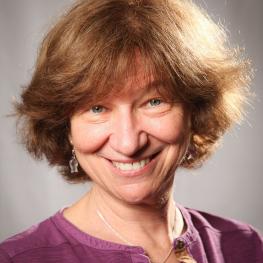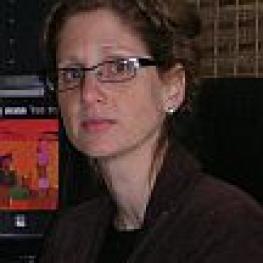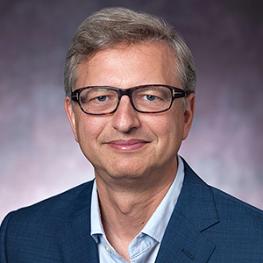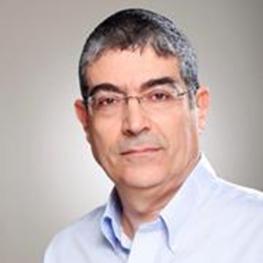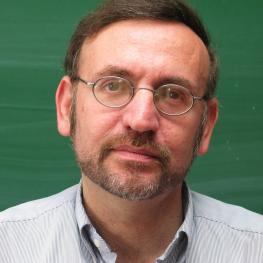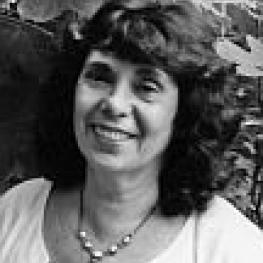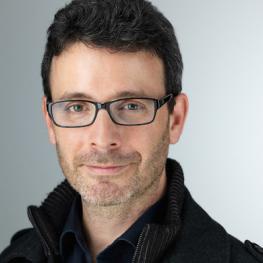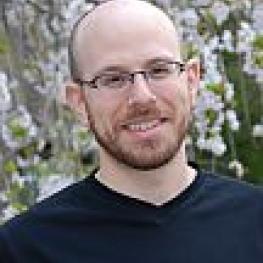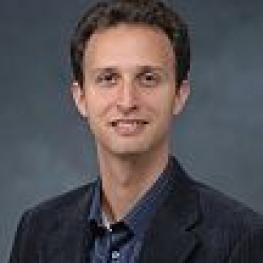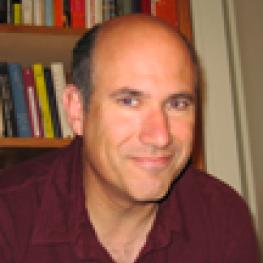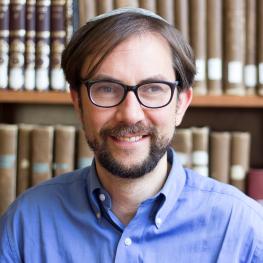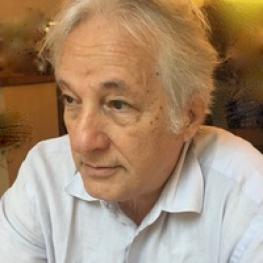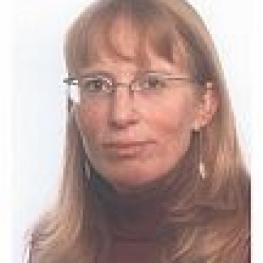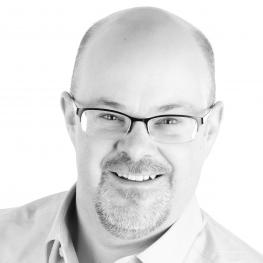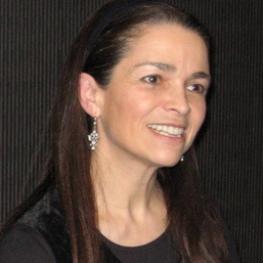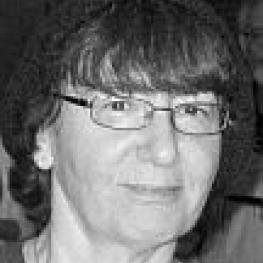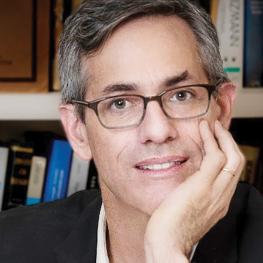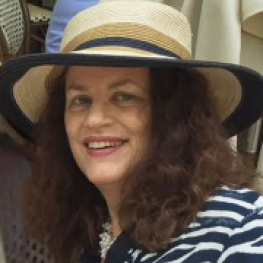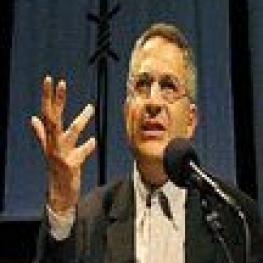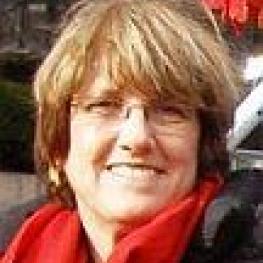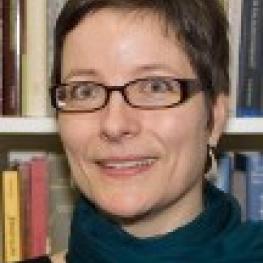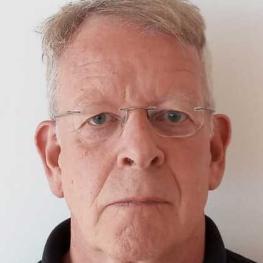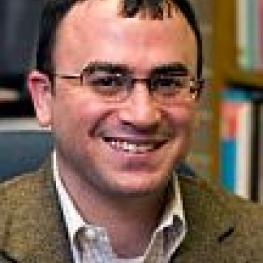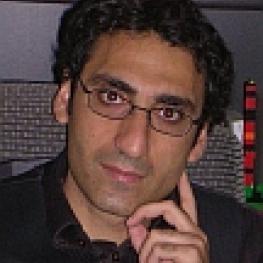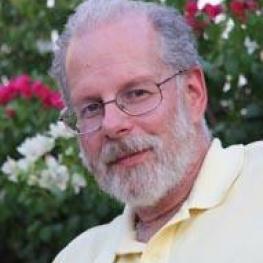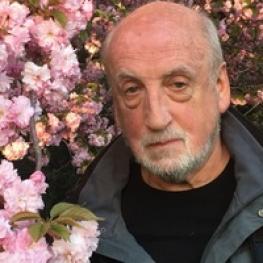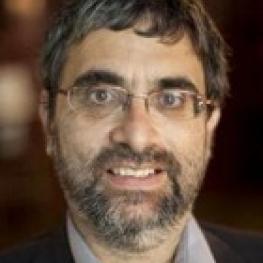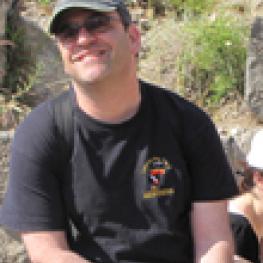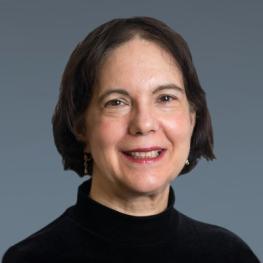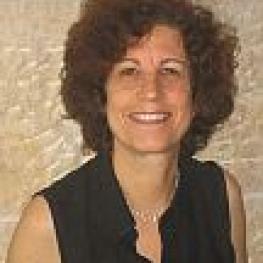Secularism and Its Discontents: Rethinking an Organizing Principle of Modern Jewish Life
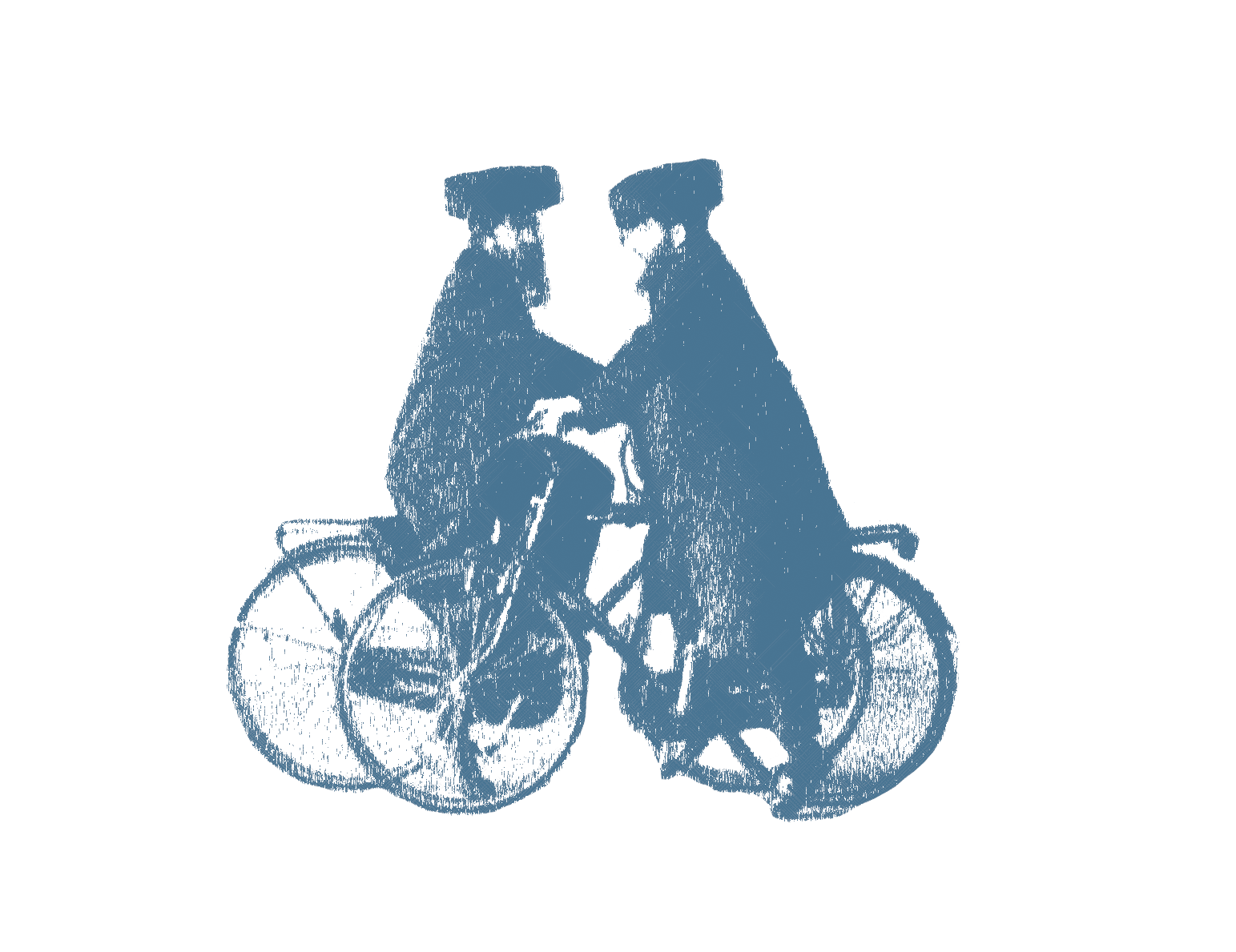
2009–2010
The notions of secularization, the secular, and secularism—and their intersection with the great narratives of modernity—have become subject to new and productive scrutiny. This fellowship year gathered scholars from a broad range of disciplines to engage in a critical analysis of these overlapping concepts and their effects on religious, intellectual, and political life. The idea of the “secular” has no simple dichotomous relationship to the “religious,” and is indeed in large measure a notion developed in and from categories most at home within religious thought and theology. In this way, the idea of the secular is central to the history of religious thought broadly, and the history of Judaism in particular. The fellows examined the Jewish role in the “formation of the secular” from a wide-angled, comparative outlook. How have Jews and Jewish communities defined themselves vis-à-vis the “secular”? Researchers critically assessed the place of notions of the secular in such paradigms as Modernity and the Nation State, and how the idea has been redefined, and wielded in a wide range of ideological struggles, over the past century and more. How Jews have variously confronted the idea, both as Jewish and alien, friend and foe, has been and continues to be a major theme in Jewish history. The volume for this fellowship year, Secularism in Question: Jews and Judaism in Modern Times (2015), was edited by Alexander Joskowicz and Ethan Katz.
